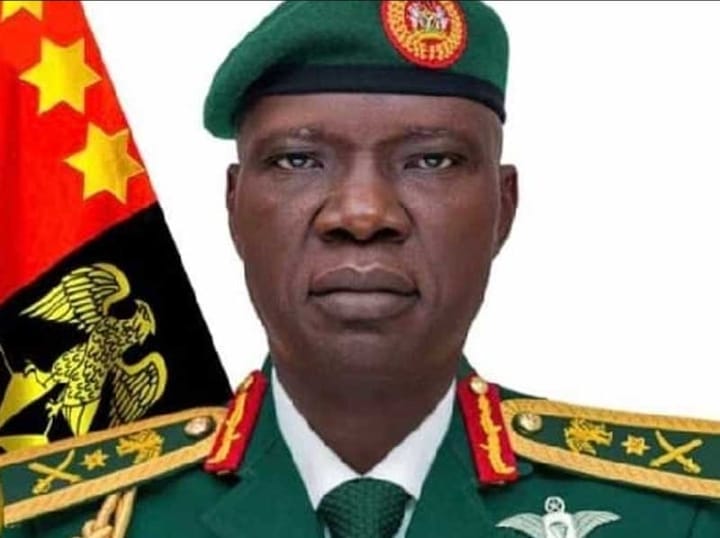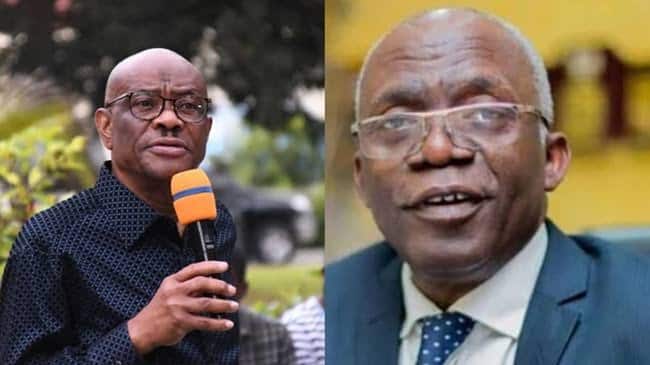
Nancy Isime and other actors in the yet-to-be released movie.
The National Film and Video Censors Board says it has reached out to the producers of Blood Brothers over the use of the niqab in a robbery scene in the movie.
Recall that the scene sparked an outrage among Muslims after the popular actress Nancy Isime shared a photo of it on Instagram on Monday.
The Muslim Rights Concern in a statement signed by the Executive Director, of MURIC, Professor Ishaq Akintola, on Thursday, called for the ban on the yet-to-be-released movie.
The group described the movie as ‘satanic’, adding that it depicts Muslim women as criminals and incites the public against them.
However, the NFVCB in a statement by its Director General, Shaibu Husseini late Thursday said that contact had been made with the producers to address the contentious issue.
This is as he also reiterated that the said that the film has yet to be released.
Husseini added that it made contact with the producers to address the contentious issue.
The statement said, “The National Film and Video Censors Board (NFVCB), the statutory regulatory agency for film and video works as well as exhibition and distribution in Nigeria, have received complaints about an upcoming Nigerian movie that associated the Hijab, an outfit attributed to Muslim women that symbolises respect, modesty and religious devotion, with negative moral vices.
“Our check revealed that the movie has not been released, and it has not been submitted to the NFVCB for classification as required by law and our mandate.
“However, we have been able to reach the producers of the film and have taken steps to address the concerns raised with the producers.”
Husseini stressed that the agency will not tolerate any film or video content that disrespects religious, cultural, or ethnic sensibilities.
It read further, “We restate that as a classification agency, the NFVCB will not overlook any film or video works, including dramatized short contents (skits) that abuse, denigrate, or undermine religious, cultural and ethnic sensibilities.
“We commit to contributing to the positive transformation of the Nigerian society through classification of films and video works whilst balancing the need to preserve freedom of expression within the law, and limit social, cultural and religious harm caused by films.”
The National Film and Video Censors Board is the regulatory body set up by Act No.85 of 1993 to regulate the film and video industry in Nigeria.
The Board is empowered by law to classify all films and videos whether imported or produced locally.
NFVCB also must register all films and video outlets across the country and keep a register of such registered outlets among other functions across the country and to keep a register of such registered outlets among other functions.
A niqab is a type of Islamic garment worn by some Muslim women as part of their modesty practices.
It is a face-covering that leaves only the eyes visible, and it is typically worn over the headscarf (hijab) and other traditional clothing.
The niqab covers the entire face, except for the area around the eyes, and it can be paired with other garments like a long dress or abaya.
The choice to wear a niqab varies based on personal, cultural, and religious beliefs.

 3 months ago
15
3 months ago
15















 English (US) ·
English (US) ·